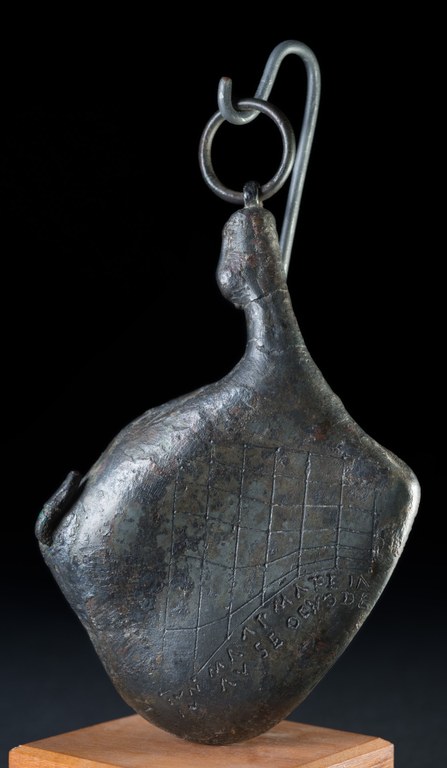The (Educational) Cost of Devices in the Classroom, plus some advice on note-taking best practices
Study after study has shown that the mere presence of devices (even if you are not using them!) dramatically reduces comprehension, retention, and happiness in a class. This is true whether the device is a phone, a tablet, or a laptop, whether the device is being used openly or surreptitiously, to avoid the class activity or to take detailed notes even while paying close attention.
If you are using a device, you will likely will into the trap of attempting to multitask (which the human brain cannot do). While we can task-switch between activities, even this comes at a cognitive cost. It can take up to 30 minutes to return to full focus on an activity after you switch to another task (like looking at a notification on your phone).
There are, of course, times when using a device is necessary: there may be a class activity that uses a device, or you may an accommodation because of an inability to write. But unless using a device is absolutely necessary, it is almost a certainty that the cost outweighs the benefit in an academic setting where deep engagement is essential.
“The Case for Banning Laptops in the Classroom” By Dan Rockmore (2014)
A Learning Secret: Don’t Take Notes with a Laptop by Cindi May (2014)
Students who used longhand remembered more and had a deeper understanding of the material.
“For better learning in college lectures, lay down the laptop and pick up a pen”
by Susan M. Dynarski (2017)
Do computers help or hinder classroom learning in college? Step into any college lecture and you’ll find a sea of students with laptops and tablets open, typing as the professor speaks. With their enhanced ability to transcribe content and look up concepts on the fly, are students learning more from lecture than they were in the days of paper and pen? A growing body of evidence says “No.” When college students use computers or tablets during lecture, they learn less and earn worse grades. The evidence consists of a series of randomized trials, in both college classrooms and controlled laboratory settings.
“The Pen Is Mightier Than the Keyboard: Advantages of Longhand Over Laptop Note Taking” by Pam A. Mueller, Daniel M. Oppenheimer (2014)
The present research suggests that even when laptops are used solely to take notes, they may still be impairing learning because their use results in shallower processing. In three studies, we found that students who took notes on laptops performed worse on conceptual questions than students who took notes longhand. We show that whereas taking more notes can be beneficial, laptop note takers’ tendency to transcribe lectures verbatim rather than processing information and reframing it in their own words is detrimental to learning.
“The Laptop and the Lecture: The Effects of Multitasking in Learning” by Helene Hembrooke and Geri Gay (2003)
THE EFFECTS OF MULTITASKING IN THE CLASSROOM were investigated in students in an upper level Communications course. Two groups of students heard the same exact lecture and tested immediately following the lecture. One group of students was allowed to use their laptops to engage in browsing, search, and/or social computing behaviors during the lecture. Students in the second condition were asked to keep their laptops closed for the duration of the lecture. The experiment showed that, regardless of the kind or duration of the computer use, the disconnected students performed better on a post-lecture quiz.

